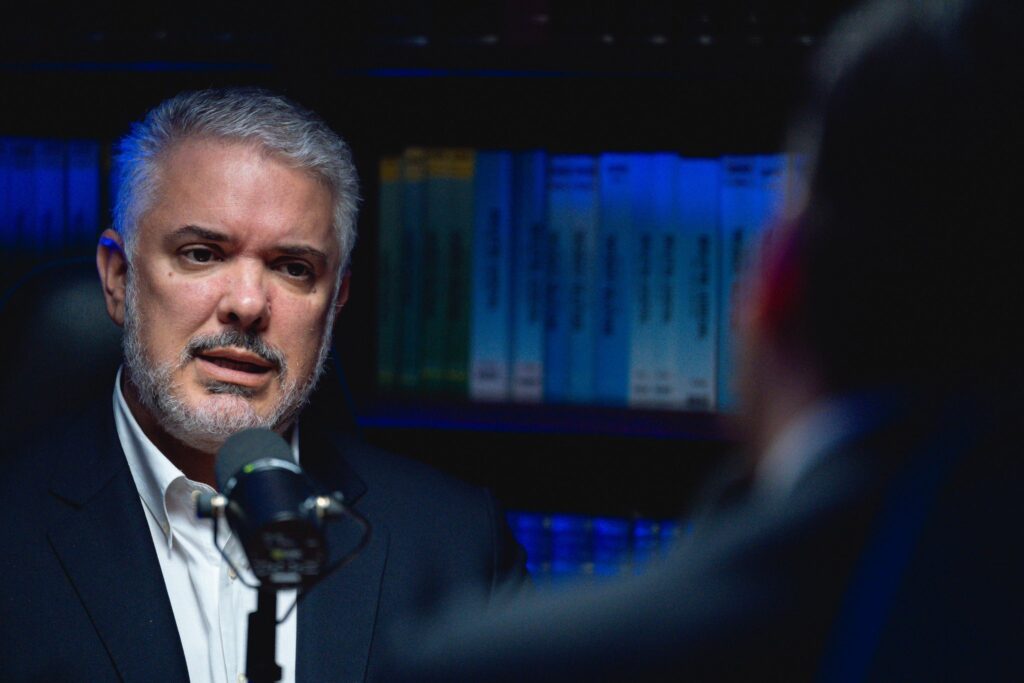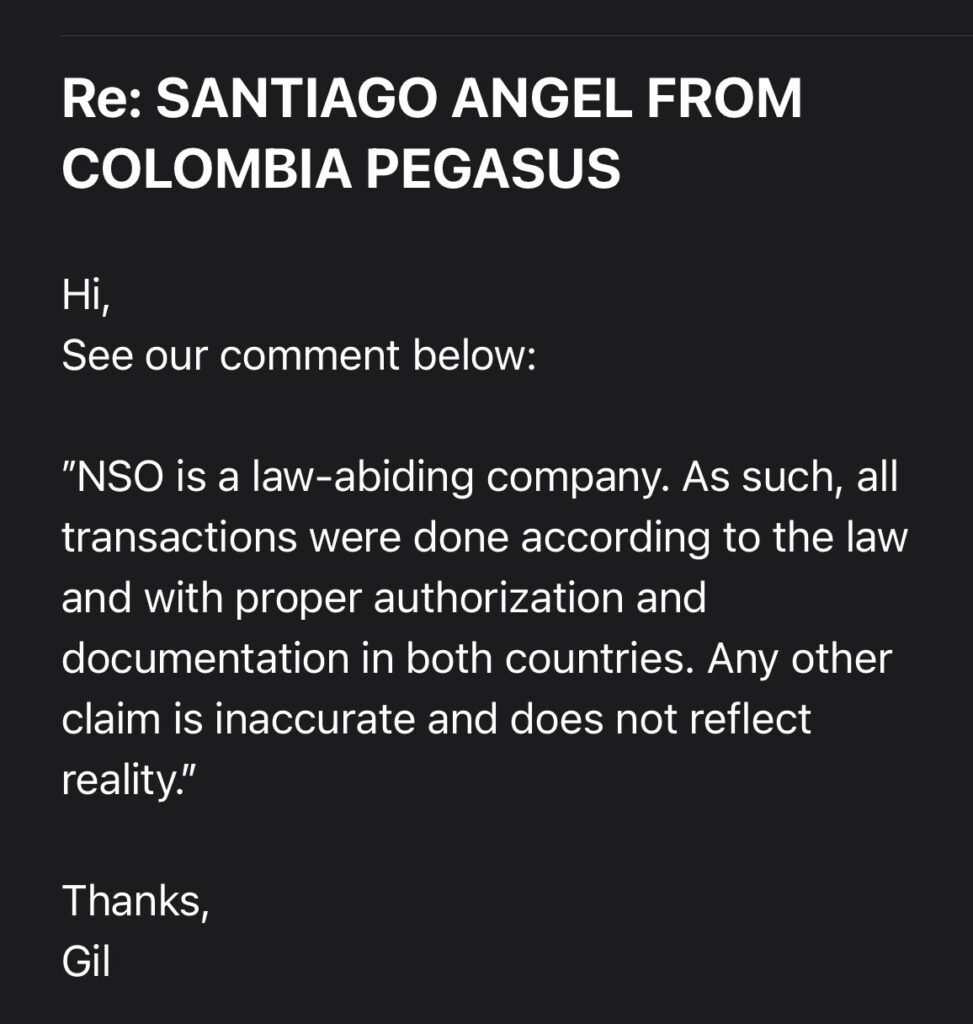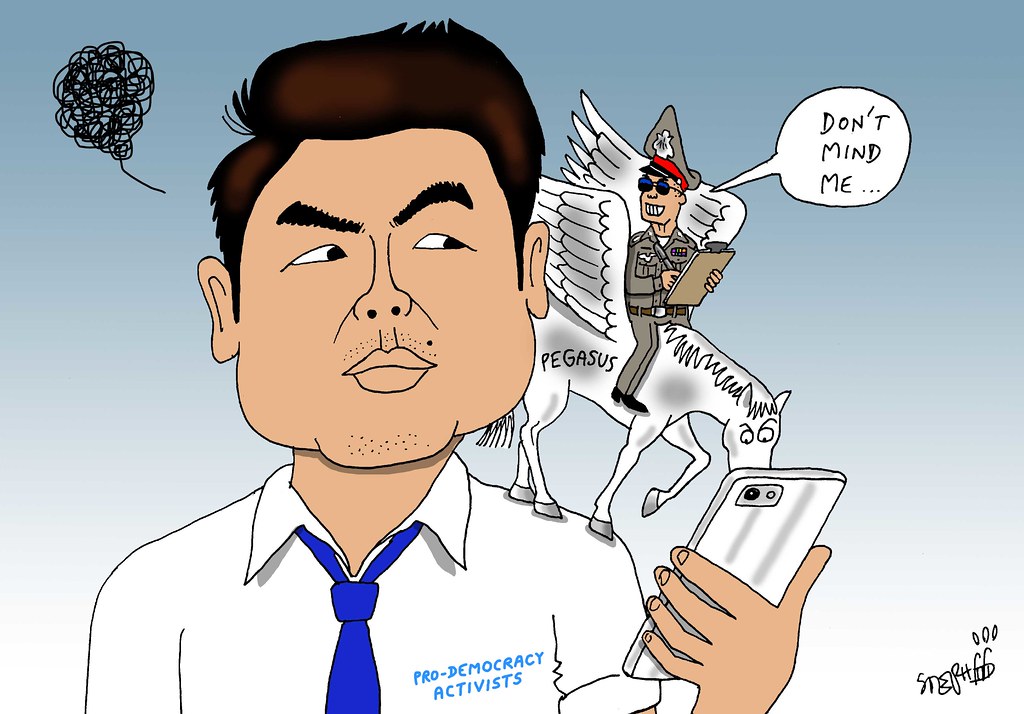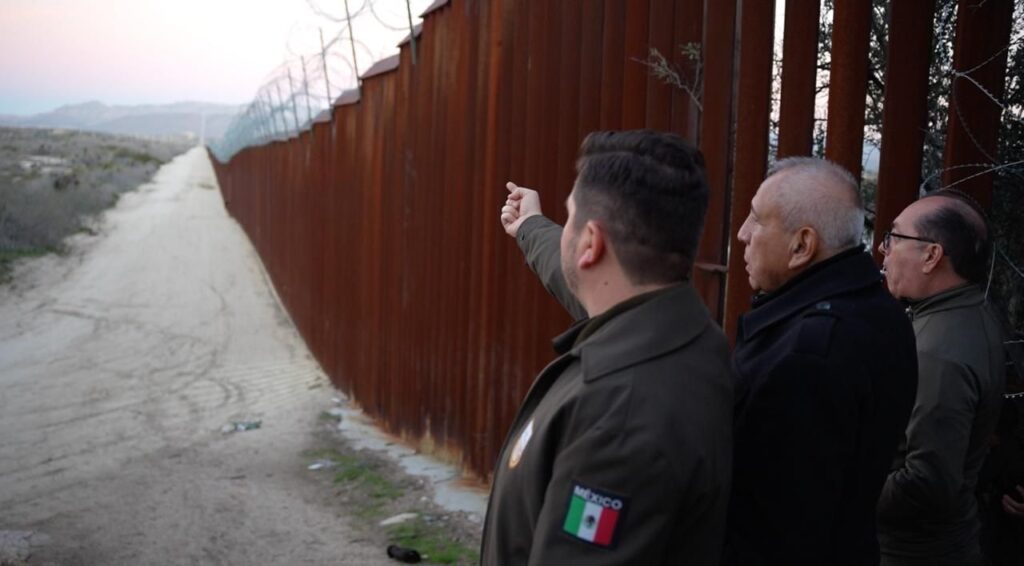In an interview with Colombian newspaper El Tiempo, three unnamed officials from the administration of President Joe Biden claimed that the United States sponsored the purchase of the Pegasus spyware by the Colombian government in mid-2021.
Pegasus – along with its Israeli parent company NSO Group – were placed on a US blacklist by the Biden administration in November 2021, after it determined that the spyware acted “contrary to the foreign policy and national security interests of the United States,” according to the US Federal Register. The software has reportedly been used to spy on journalists, opposition politicians, and activists in places like Mexico, Europe and Asia.
In early September 2024, current Colombian President Gustavo Petro called for an investigation into the alleged use of Pegasus by the previous administration of Iván Duque.

Image Source: Gustavo Petro via X.
Read more: Colombia to investigate alleged use of Pegasus spyware by Iván Duque government
The investigators have since proved that two planes from Israel did land on Colombian territory- first in June and then in September 2021- and that a financial transaction totaling USD $11 million took place between both governments, as per El Tiempo.
“I have a legal right to declassify secret information if the human rights of Colombians are being endangered. The Pegasus software was brought to spy on youth leadership movements and the opposition’s communications for over six months,” stated President Petro via X.
Former President Duque also issued a response to the allegations, in which he stated that he gave clear instructions so that all government officials during his administration complied with the law, and that the supposed acquisition of the spyware was not registered by the Ministry of Defense or police intelligence.
“The President’s office never ordered the purchase of the ‘Pegasus’ software on behalf of the Colombian State. Former President Duque did not participate in any process of goods acquisition,” Duque shared on X.

Daniel García-Peña, current ambassador of Colombia to the United States, attended a meeting with some high-ranking security officials from the Biden administration on November 8 to address the matter.
“It is completely suspicious and irregular that those payments were made in cash, supposedly to avoid resource traceability. Here lie the questions that we keep asking; the officials gave us some answers but we still have many doubts, and we’re surprised because usually, if a situation like this was legitimate and everything was guided towards fighting drug dealing, making cash payments would be highly irregular,” the ambassador stated minutes after the meeting concluded, standing outside the White House.
American officials also stressed that the Pegasus spyware was never directly handed to Colombian authorities. Instead, Colombian intelligence units would inform their US counterparts of who they considered potential targets for interception, the ambassador told the press.
More than a month after President Petro first spoke about the situation, NSO Group responded after news outlet La FM reached out to them for comment on October 23.

“NSO is a law-abiding company. As such, all transactions were done according to the law and with proper authorization and documentation in both countries. Any other claim is inaccurate and does not reflect reality,” the company’s VP of communication, Gil Lainer, reportedly told La FM.
While the investigation is ongoing, some question whether the US officials are telling the truth, and how neither Duque nor Petro were informed of such an operation.
“Does the US pay in cash now? How did the US ‘gift’ Colombia a spyware without any high-ranking official knowing about this? This is not an official communication with the government of the US, and we ought to ask for confirmation directly from the White House,” stated Senator Antonio Correa, member of the center-right Union Party for the People.
As signaled by ambassador García-Peña, he demanded that the information obtained via Pegasus be handed back to Colombian authorities to ensure that the spyware was used for the purposes alleged by the US officials. The American authorities committed to relaying this demand, but they did not specify when, where or if they would ever facilitate the information.
“We were very emphatic in that we need to know everything, and that both Colombians and US authorities have a right to the information that was compiled by this software,” the ambassador said.

Colombia has a long history of spying on its citizenry. In 2009, the government of Duque’s political patron, former President Álvaro Uribe Velez, was involved in a wiretapping scandal that ensnared judges, journalists and opposition members. In 2014, it was revealed that Colombia’s military hired a hacker to spy on negotiations with the Revolutionary Armed Forces of Colombia (FARC), and in 2020, the press reported that the military again used Israeli spy tools – allegedly lent to the army by the US – to spy on judges, politicians, army officers, and reporters, including then-New York Times Andes Bureau Chief Nicholas Casey.
The post Unnamed White House officials claim US financed Colombia’s purchase of Pegasus spyware appeared first on Latin America Reports.


